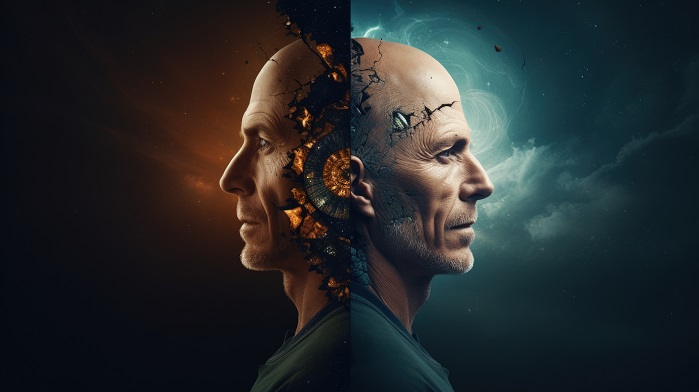
The Impact of Artificial Intelligence on Human Creativity
The advent of Artificial Intelligence (AI) has transformed nearly every aspect of our lives. From how we communicate to our daily workspaces, AI continuously reshapes our norms. This shift is evident in various fields, including education, healthcare, and entertainment.
While inventions like electricity have solved significant human problems, AI presents a unique challenge to creativity. It has sparked a debate about whether it enhances or threatens human expression. Throughout history, creativity has driven advancements in art, design, medicine, and technology. Now, we must explore two major perspectives on AI’s impact on creativity.
The Fear of AI Ending Human Creativity
Some people worry that AI will make human creativity obsolete. They believe that tools like OpenAI’s GPT-4 and DALL-E can produce works that are difficult to distinguish from human creations. This concern raises important questions: If AI can automate creative tasks, will humans still explore their creativity? And if they do, will it hold the same value?
Ability to Automate Creative Processes
One major factor in this debate is AI’s ability to automate creative processes. Advanced AI models can generate art, compose music, and write stories in a fraction of the time it takes a human. Tools like DALL-E create visual art from text descriptions, while AI music generators compose symphonies within seconds. As AI improves, many traditional creative tasks could become automated, raising doubts about the future of human creativity.
Decrease in Originality and Authenticity
Another criticism of AI-generated content is its lack of originality and authenticity. Many people connect with a Picasso painting because of the emotions it conveys. Authenticity plays a crucial role in human connection. Can AI create pieces that resonate with us emotionally? Since AI learns from existing data, its creations often remix rather than innovate.
Additionally, AI-generated poems or stories may be structurally sound but often lack the passion and personal touch a human brings. This leads to uncertainty about the value of AI-created works, which can feel hollow compared to human creativity.
Reduction in the Value of Creative Outputs
As AI-generated content becomes more common, there is a risk that creative works will be commodified. High volumes of content produced quickly can decrease its perceived value. This shift may negatively impact creative professions, making it harder for artists and writers to earn a living.
The Potential of AI as a Creative Tool
In the next part of this blog post, we will explore the opposing viewpoint: that AI can enhance human creativity and lead to new forms of artistic expression. By understanding both perspectives, we can find a balanced view of AI’s role in creativity.